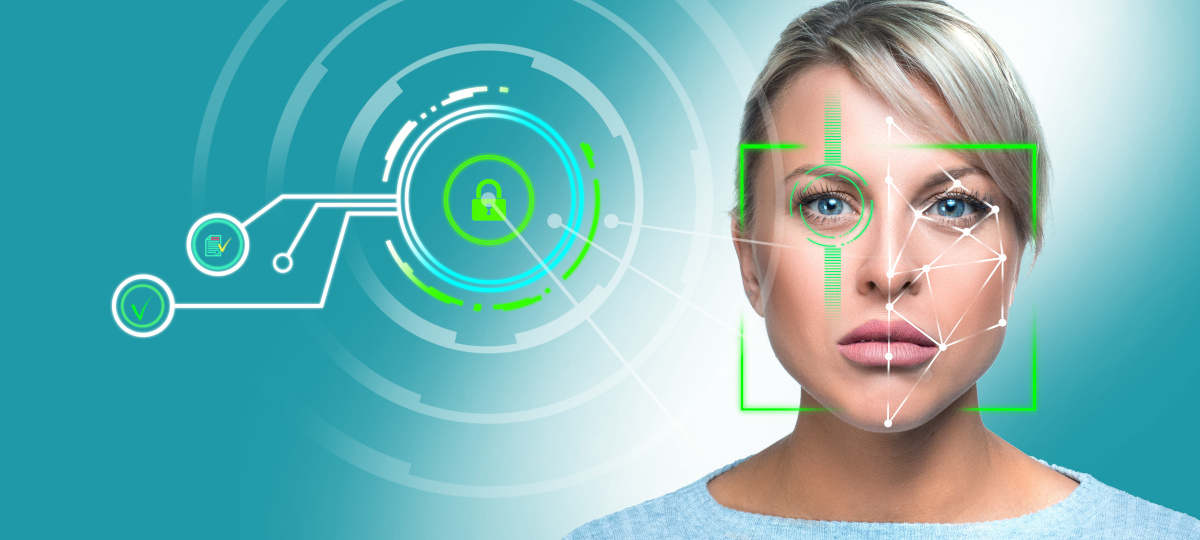Why Is Cyber Security Important for Healthcare Organizations
July 25th, 2023 by William Wentowski

In today's digital age, the healthcare industry has witnessed a remarkable transformation, with technological advancements revolutionizing patient care and administrative processes. Electronic health records, interconnected medical devices, and telemedicine have become integral parts of healthcare delivery, offering numerous benefits and conveniences.
However, with the increasing reliance on interconnected systems and the vast amount of sensitive data being transmitted and stored, the need for robust cybersecurity measures within healthcare organizations has become more critical than ever before.
Cyber security plays a pivotal role in safeguarding patient data, protecting critical infrastructure, and ensuring the integrity of healthcare systems. Healthcare organizations, including hospitals, clinics, pharmaceutical companies, and research institutions, possess a wealth of sensitive information, including medical records, financial data, and intellectual property.
This invaluable data is an enticing target for cybercriminals seeking financial gain or attempting to exploit vulnerabilities for malicious purposes.
What Are the Repercussions of a Cyber Attack on a Healthcare Organization?
The repercussions of a successful cyber-attack on a healthcare organization can be severe and far-reaching. Patient privacy can be compromised, leading to identity theft, fraud, or blackmail. The interruption of critical medical services or the manipulation of patient data could jeopardize patient safety, resulting in incorrect diagnoses, inappropriate treatments, or even loss of life.
Moreover, the financial and reputational consequences of a data breach can be devastating for healthcare organizations, eroding trust among patients, partners, and the broader community.
The healthcare sector faces unique challenges when it comes to cyber security. The rapid digitization of healthcare records and the adoption of Internet of Things (IoT) devices have expanded the attack surface, providing cybercriminals with multiple entry points.
Additionally, healthcare organizations often rely on legacy systems that may lack robust security features, making them susceptible to exploitation. Moreover, the nature of healthcare operations necessitates continuous access to critical systems, limiting the ability to implement security measures that may cause disruptions or delays.
To address these challenges, healthcare organizations must prioritize cyber security as an essential component of their overall risk management strategy. They need to invest in state-of-the-art technologies, establish stringent security protocols, and foster a culture of cyber security awareness among employees. Regular training programs and simulated exercises can help healthcare professionals identify and respond to potential threats effectively.
How to Implement Cyber Security for a Healthcare Organization?
Implementing cyber security for a healthcare organization requires a comprehensive approach that encompasses people, processes, and technology. Here are some key steps to consider:
- Establish a Cyber Security Framework: Develop a cyber security framework tailored to the unique needs of your healthcare organization. This framework should outline policies, procedures, and guidelines for protecting sensitive data, securing networks and systems, and responding to cyber incidents.
- Conduct Risk Assessments: You must regularly perform risk assessments to identify potential threats and vulnerabilities within your organization's infrastructure. Assess the likelihood and impact of each risk and then prioritize mitigation efforts accordingly. This assessment should include evaluating existing security controls and identifying areas that require improvement.
- Implement Access Controls: Control access to sensitive data and critical systems through strong authentication mechanisms, such as multi-factor authentication. Limit access privileges based on the principle of least privilege, ensuring that employees only have access to the information necessary for their roles.
- Encrypt Data: Encrypt all sensitive data, both in transit and at rest. Encryption adds another layer of protection to prevent unauthorized access to patient records, financial information, and other sensitive data. Implement encryption protocols for databases, storage devices, and network communications.
- Deploy Firewalls and Intrusion Detection Systems: Utilize firewalls and intrusion detection systems to monitor network traffic, detect suspicious activities, and prevent unauthorized access to your organization's systems. Regularly update and patch these security devices to protect against emerging threats.
The integration of technology in healthcare has revolutionized the industry, but it has also exposed it to unprecedented cybersecurity risks. The protection of patient data, the preservation of critical infrastructure, and the maintenance of public trust all hinge on robust cyber security practices within healthcare organizations.
By prioritizing cyber security and implementing comprehensive measures, healthcare organizations can mitigate the risks posed by cyber threats, ensuring the delivery of safe, secure, and efficient healthcare services in the digital era.
If you want to learn more about why cyber security is important for healthcare organizations, contact us today.
Posted in: Cyber Security

